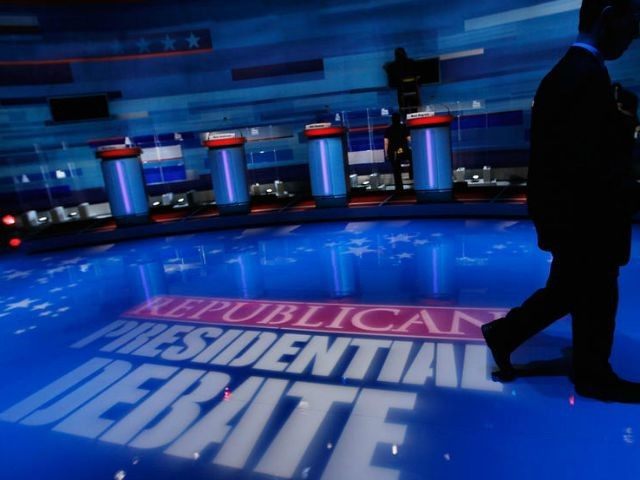It is still months before the first voters cast their ballots in the 2016 contests, but two candidates who at one time were in serious contention, may instead be moving toward the exits.
Former Texas Gov. Rick Perry has stopped paying his campaign staff. Meanwhile, Kentucky Sen. Rand Paul faces some significant legal challenges if he continues his campaign, which recently has seemingly been on a downward trajectory.
Monday night, National Journal reported that the Perry campaign had stopped paying its staff in South Carolina, an important early voting state. The Washington Post followed up with news that the Perry campaign had stopped paying all its national staff. Perry raised just $1.1 million for his campaign last quarter, forcing the campaign to economize.
In 2008, Sen. John McCain reshuffled his entire campaign staff months before the voting began, largely because he was running out of money. He obviously came back from that to win the nomination, but the 2008 candidate field wasn’t as robust as this contest. McCain’s problem was due to overspending from being the presumed frontrunner, whereas Perry’s challenge is that his campaign hasn’t yet built any kind of momentum.
Now, modern campaigns have to deal with regulations that could only be devised by Congress and federal bureaucrats. While Perry’s campaign is running on empty, a SuperPAC supporting his candidacy raised almost $17 million last quarter. Spending by the SuperPAC could help bridge the gap left in the wake of the Perry cutbacks, but only to a degree.
It also can’t erase the stench that may soon be descending on the Perry campaign itself.
Since announcing his campaign bid earlier this summer, Perry has watched his support drop from the middle-of-the-pack into the “also-ran” category. He did well in the “undercard” debate last week, but his performance was greatly overshadowed by that from former Hewlett Packard CEO Carly Fiorina.
Perry has also positioned himself as the “anti-Trump” among the field of candidates. To date, that has not benefited Perry. With the significant staff cut-backs, Perry doesn’t have the time to see if that strategy could work.
Rand Paul doesn’t yet have the financial problems of the Perry campaign, but he faces a more significant, existential challenge. In addition to running for President, Paul is also running for reelection to the Senate in Kentucky.
It is very hard to wage a campaign against the Washington political establishment when you are running simultaneously for two federal offices. It feels a little too inside baseball and smacks of a candidate trying to hedge his bets. Whatever one thinks of Florida Sen. Marco Rubio, he is at least giving up his Senate seat to run for President.
Paul’s challenge, though, isn’t just political optics. To succeed in his quest to run for two offices simultaneously, he needs the Kentucky Republican party to change the entire nominating process. Paul has been pushing the party leadership in his state, including Senate Majority Leader Mitch McConnell, to scrap the state’s primary and replace it with a nominating caucus.
That would temporarily get around a state prohibition on a candidate appearing on the ballot twice, i.e. for President and U.S. Senate, since a caucus doesn’t use ballots.
In other words, Paul needs an enormous favor from the state party leadership and Sen. McConnell to enable him to run for both offices. This, to a large degree, goes against the raison d’etre for Paul’s campaign against the entrenched political class. It seems disingenuous to run against the political class only after taking steps to ensure you remain a part of that class.
Paul has also had trouble breaking out of the crowded field. His poll numbers have been stagnant towards the bottom of the pack and his performance in the debate Thursday has been widely panned.
As Trump continues to defy political logic and maintain his frontrunner status, the mavens of the GOP will soon start aggressively trying to winnow the large field of contenders, if only to get the storyline off Trump. While they will have some difficulty convincing candidates to drop out, they certainly won’t be eager to do any of them favors.
Paul is likely to be the first victim of the coming candidate squeeze from the Republican establishment.

COMMENTS
Please let us know if you're having issues with commenting.